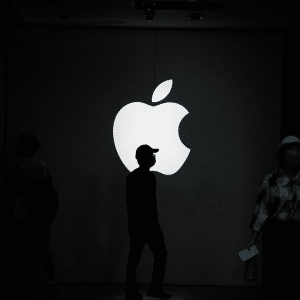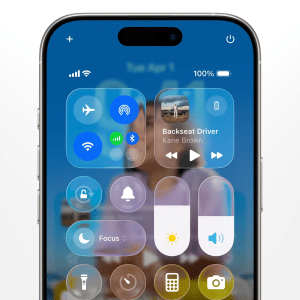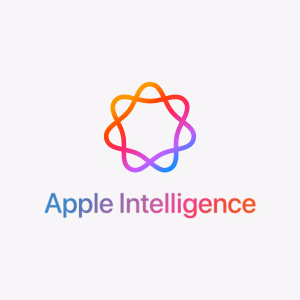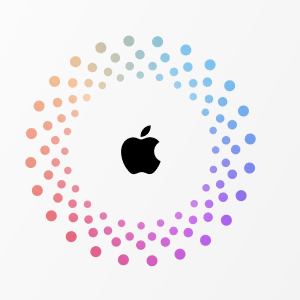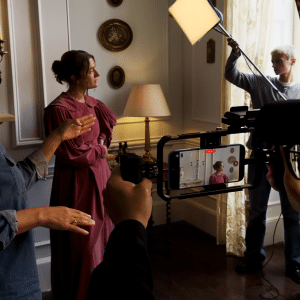After 12 years of legal proceedings, an antitrust lawsuit accusing Apple of monopolistic practices via its App Store has been elevated to class-action status. Initially rejected by Judge Yvonne Gonzalez Rogers in 2022, the lawsuit’s scope was narrowed, leading to its recent class-action certification.
The case alleges that Apple’s restrictions on third-party App Stores and external purchases have created a monopoly, stifling consumer choice and driving up prices.
The revised lawsuit now encompasses Apple account holders who have spent at least $10 on apps or in-app purchases.
Despite concerns from Judge Gonzalez Rogers regarding the potential inclusion of over 10 million accounts not directly harmed, she noted the possibility of further narrowing the class size without setting a definitive limit for certification rejection.
During the proceedings, Apple’s attempt to dismiss expert testimonies, including that of Nobel Prize-winning economist Daniel McFadden, was denied by Gonzalez.
The testimonies aim to illustrate the detrimental impact of Apple’s policies on consumers.
Mark Rifkin, representing the consumers, expressed satisfaction with the progression to the next phase of this lengthy legal battle, suggesting Apple could face billions in damages.
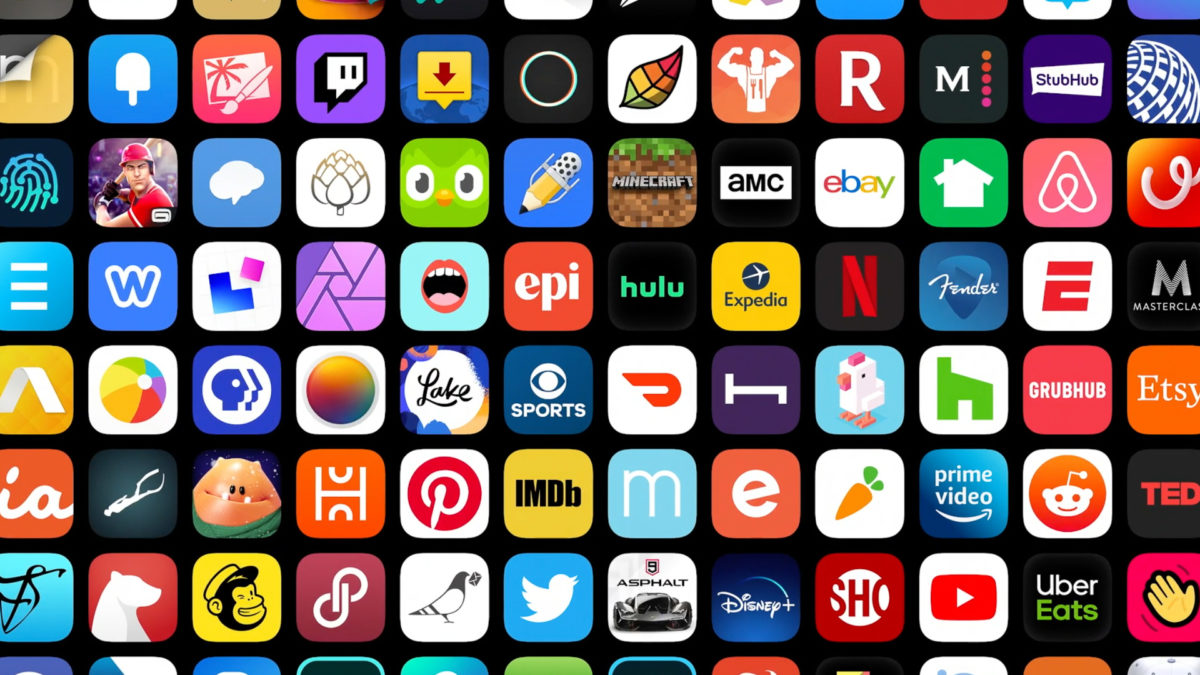
This lawsuit highlights global scrutiny over Apple’s App Store policies, with regulatory changes such as the EU Digital Markets Act compelling Apple to allow third-party app stores and payment systems. This signals potential shifts in digital marketplace regulations.


